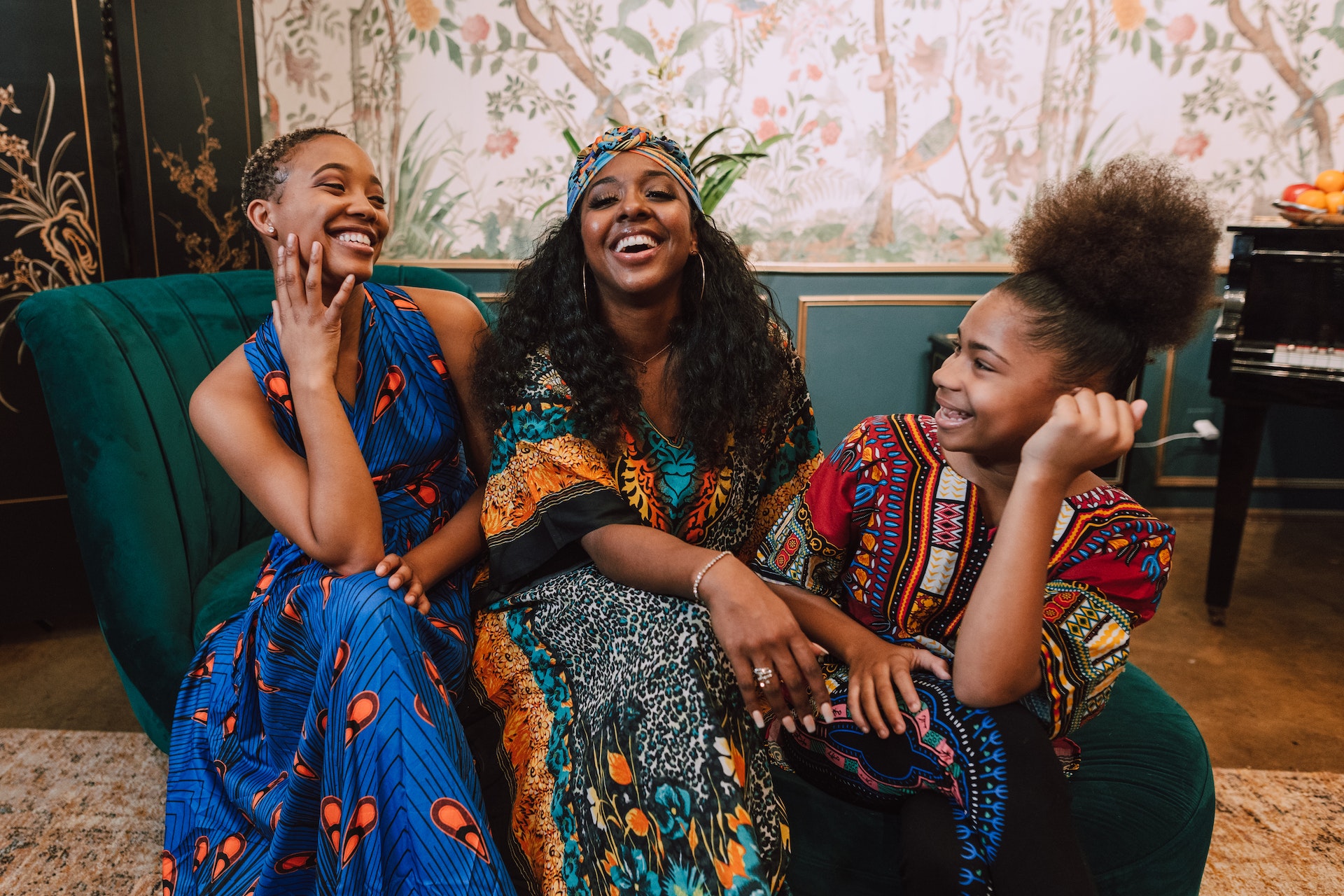
Black Women who Transformed the Beauty Industry
The beauty industry promises to enhance people’s appearances and lives with magical products and formulations. However, prejudice has always affected Black women, from not having options for skin tone or using chemicals that damage their skin to the non-availability of hair products. Only recently have cosmetics started to provide more extensive choices. Much more has to be done in terms of diversity in beauty, yet progress is being made.
From the beginning, beauty has always been about fair skin and brighter complexions. White women have long been the focus of the beauty business, giving women of color fewer options and more reasons to feel excluded, except when advertising skin-lightening creams, the mainstream beauty business primarily targeted Black women.
As a result, Black consumers experience the beauty industry in a way that is noticeably more frustrating than other consumers and is rife with several friction points.
The Black is Beautiful movement of the 1960s and 1970s introduced many concepts of beauty to the general audience. Henceforth, cosmetics companies like MAC and Bobbi Brown began to accept Black women and offered products for a broader spectrum of skin tones.
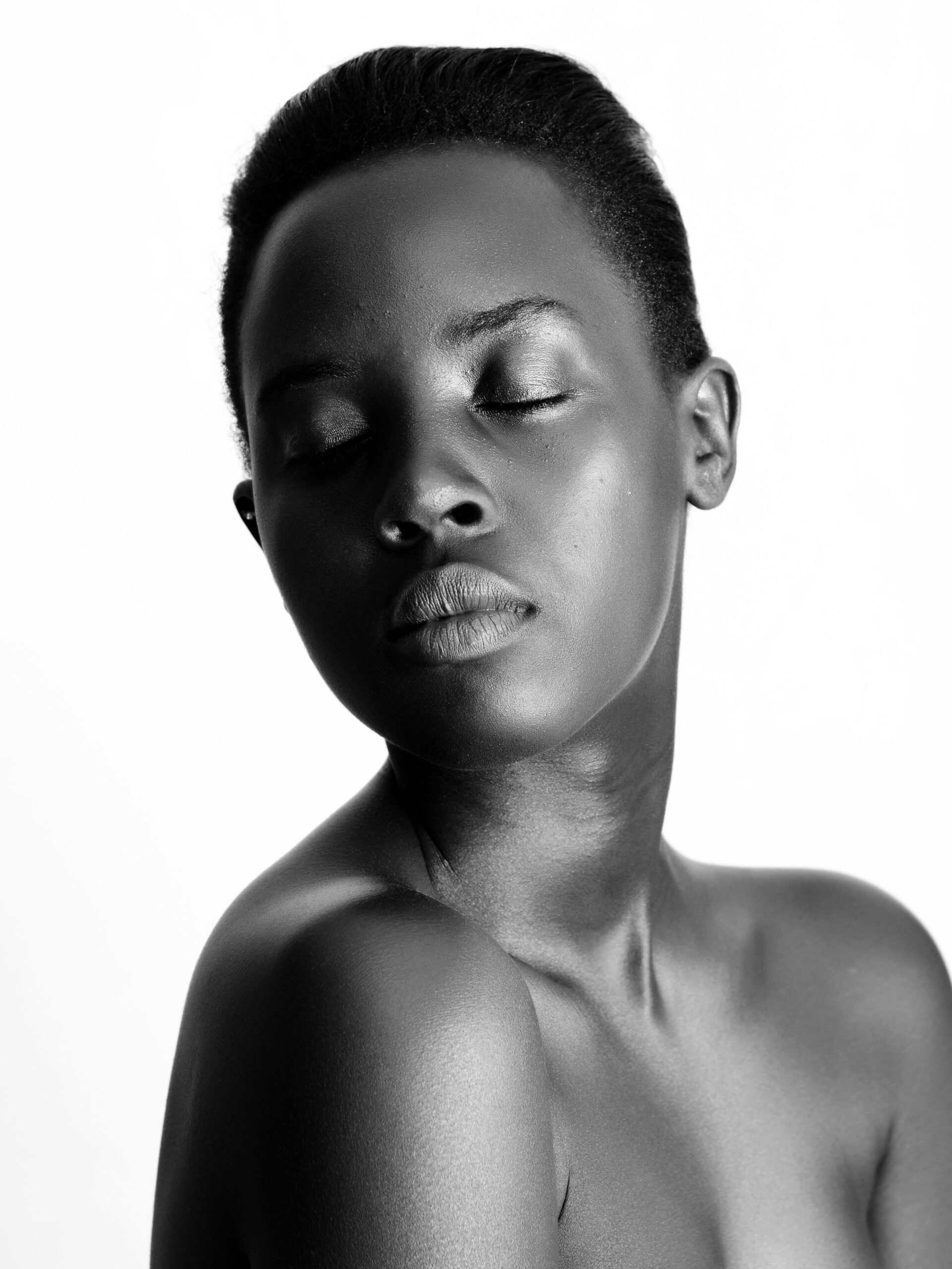
Black women have always been the changemakers and innovators primarily due to the necessities. This is important for the representation of people of color in the beauty industry as well as for the usage of harmless ingredients in product formulations. Powerful Black women have been working to alter the narrative for future generations in skin care, hair care, and makeup. History has witnessed Black women contributing to the beauty industry by formulating products for people of color.
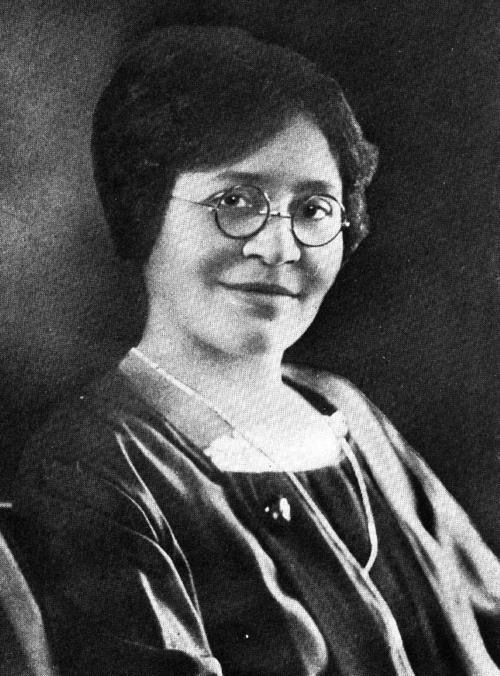
The pioneer, Annie M. Turnbo Malone, born in Illinois to enslaved parents, used her love of chemistry to create hair products under the supervision of her aunt, who was a herbalist.
Her goal was to create a solution that, in place of the then-common components like butter, oils, and lye, would straighten coiled hair while maintaining a healthy scalp. Being a Black woman, she could not use the conventional distribution channels that other brands could. Therefore, she had to sell her goods door-to-door.
Malone established Poro College in 1918, the first beauty school in the United States teaching Black cosmetology, and made $14 million by 1920.
Madame C.J. Walker was born Sarah Breedlove on the plantation where her parents were previously enslaved.
Breedlove was motivated to develop her product line after suffering from scalp irritation and hair loss. She tried Malone’s hair products and joined her sales team as well. After changing her identity to Madam C.J. Walker, she spent just $1.25 to launch her hair care line, which included an ointment, a heated comb, and a scalp massage. Within a short period, her innovation generated over $500,000 in sales.
Through self-promotion, door-to-door sales, and product demonstration, she brought in the trend of speaking directly to the consumer. Her approach differed significantly from then-dominant white men’s firms promoting hair straightening treatments that did not aid with hair loss.
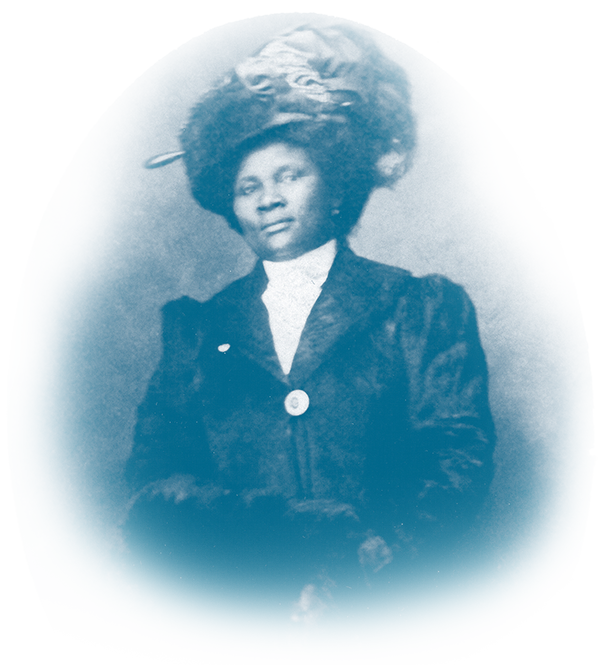
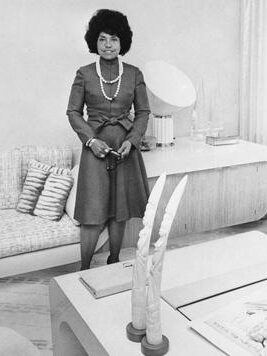
Eunice Walker Johnson, another name in FUBU (For Us, By Us) beauty, curated the prestigious Ebony Fashion Fair in 1961. The mobile fashion show that served as a charity fundraising platform included Black models.
In 1973, Johnson established Fashion Fair Cosmetics, which is still in business today and offers lipsticks and face powders developed for Black women’s varied complexion.
Pat McGrath, one of the most coveted, respected, and influential makeup artists, began her career in the 90s by creating makeup looks for runways, ad campaigns, and magazine editorials. She has conceptualized the launch of various cosmetics lines of luxury brands, from Giorgio Armani to Dolce & Gabbana.
In 2016, she introduced Pat McGrath Labs, her namesake beauty company that produces high-end, dramatic lipsticks, eyeshadows, and foundations for women of all skin tones. In 2019, McGrath was listed as one of Time’s 100 most influential people.
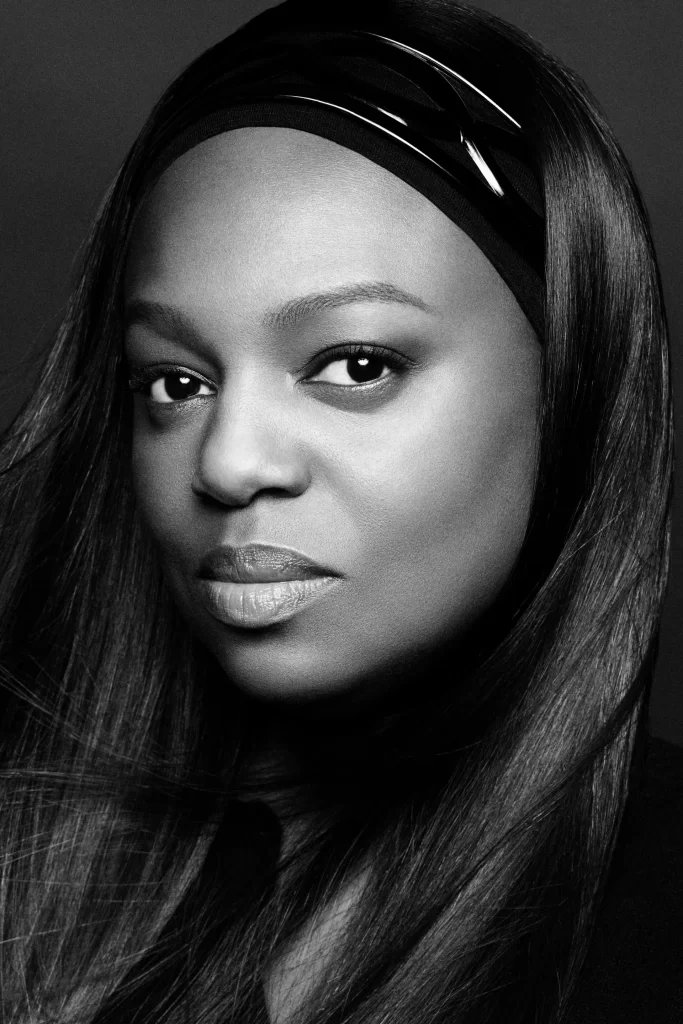
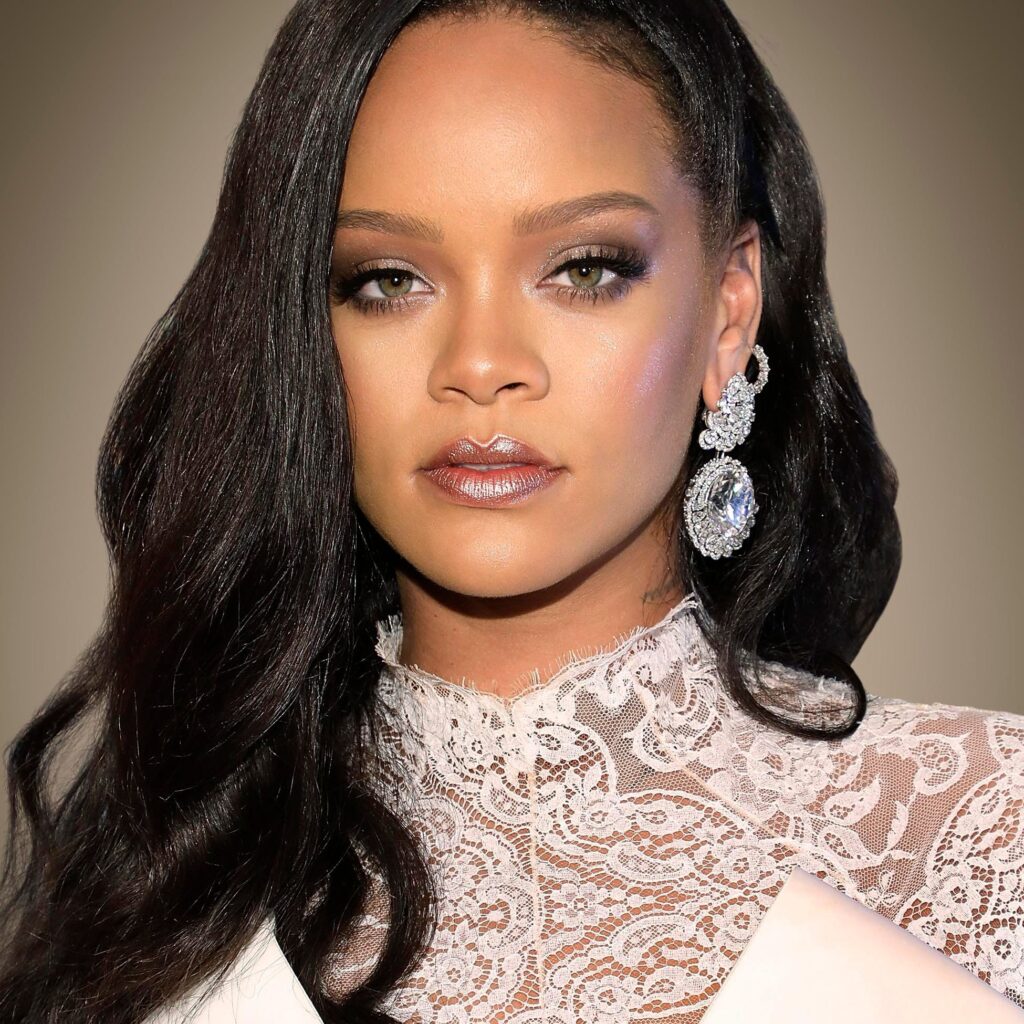
Rihanna, nine-time Grammy award-winning artist, shook the beauty industry by launching Fenty Beauty with 40 shades of foundations “so that people everywhere would be included.” The brand has now transformed into a multi-faceted fashion empire celebrating people of all shades and sizes.
Balanda Atis, Director of Face & Multi-Cultural Beauty lab at L’Oreal, shared her love of makeup and science. To help create more inclusive shade options, Atis performs on-the-ground research by measuring various skin tones around the nation.
She is leading the development of a brand-new category for all L’Oréal products that will offer a wide range of hues for Black women.
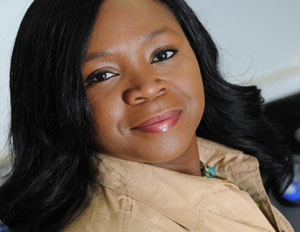
The beauty industry cannot forget the Black supermodels and cover girls—Naomi Sims, Tracey Norman, Iman, Beverly Johnson. These women appeared on the coveted covers of Vogue, Elle, and Harper’s Bazaar and walked the runway for various fashion weeks, reinforcing the Black is Beautiful movement.
When it comes to racial discrepancies in the beauty industry, the adage “beauty is just skin deep” takes on a new meaning. While much work is still to be done, many beauty queens are attempting to close the gap and make beauty more inclusive.
TROORA MAGAZINE | MARCH 2023
WRITTEN BY NEHA SURADKAR
PHOTOS COURTESY OF DAZZLE JAM | TURNBO FAMILY | JOHNSON PUBLISHING COMPANY | THE PAT MCGRATH LABS | TAYLOR HILL | BALANDA ATIS | RODNAE PRODUCTIONS


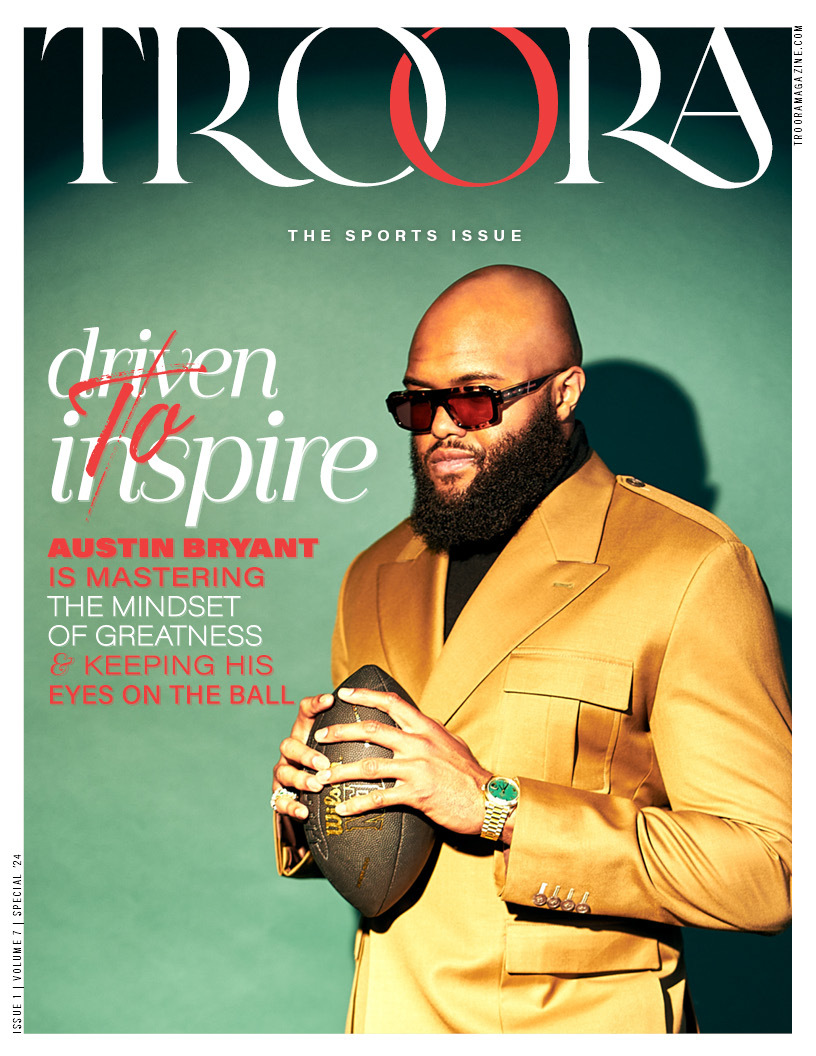
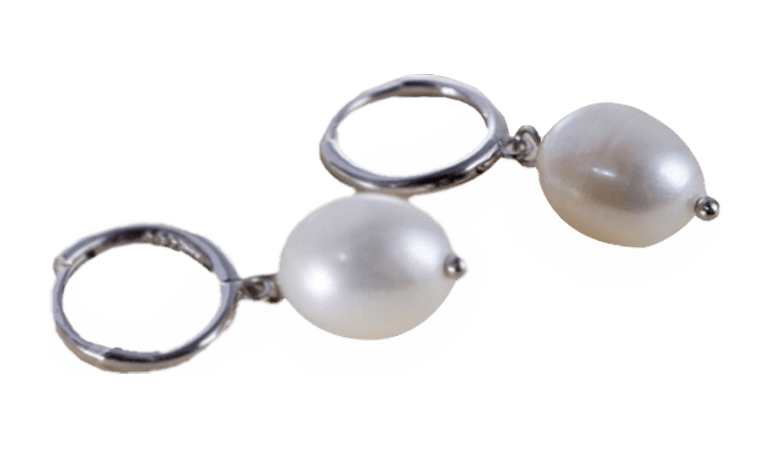
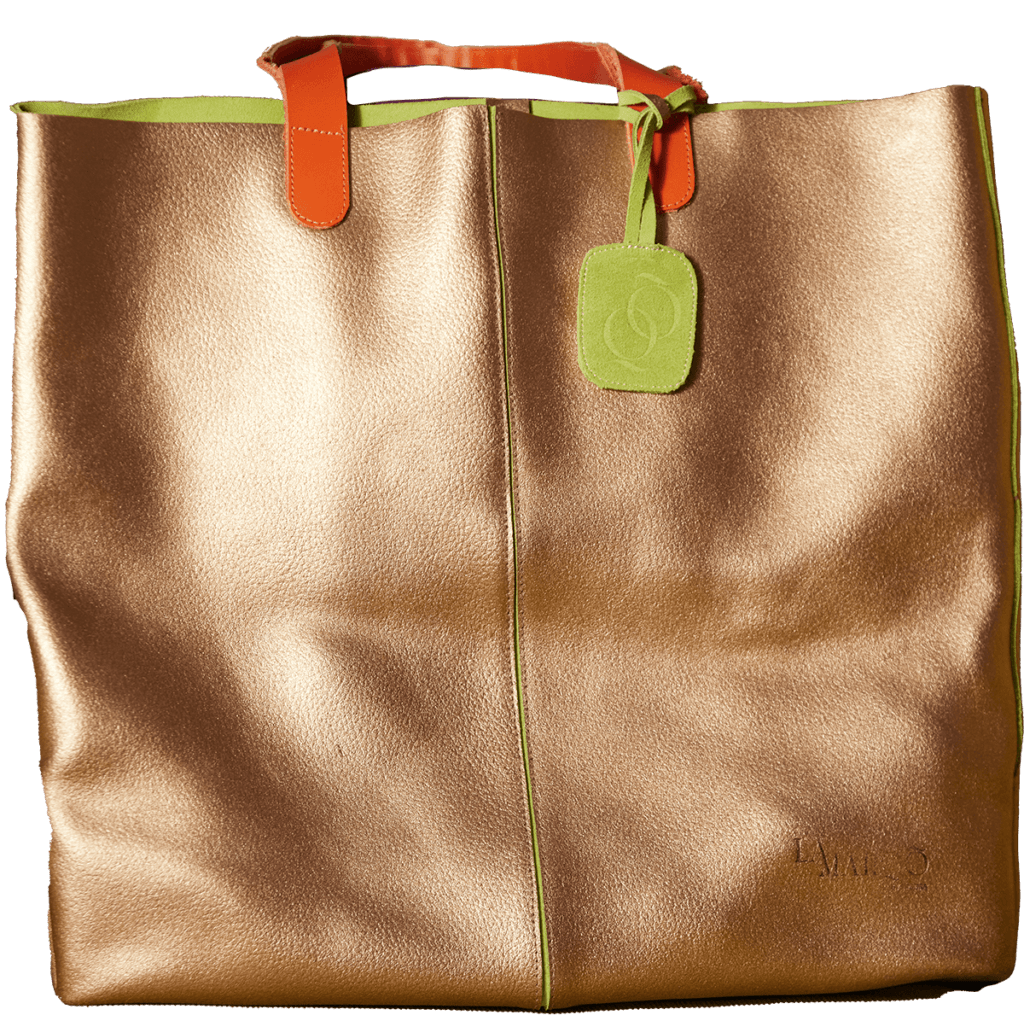
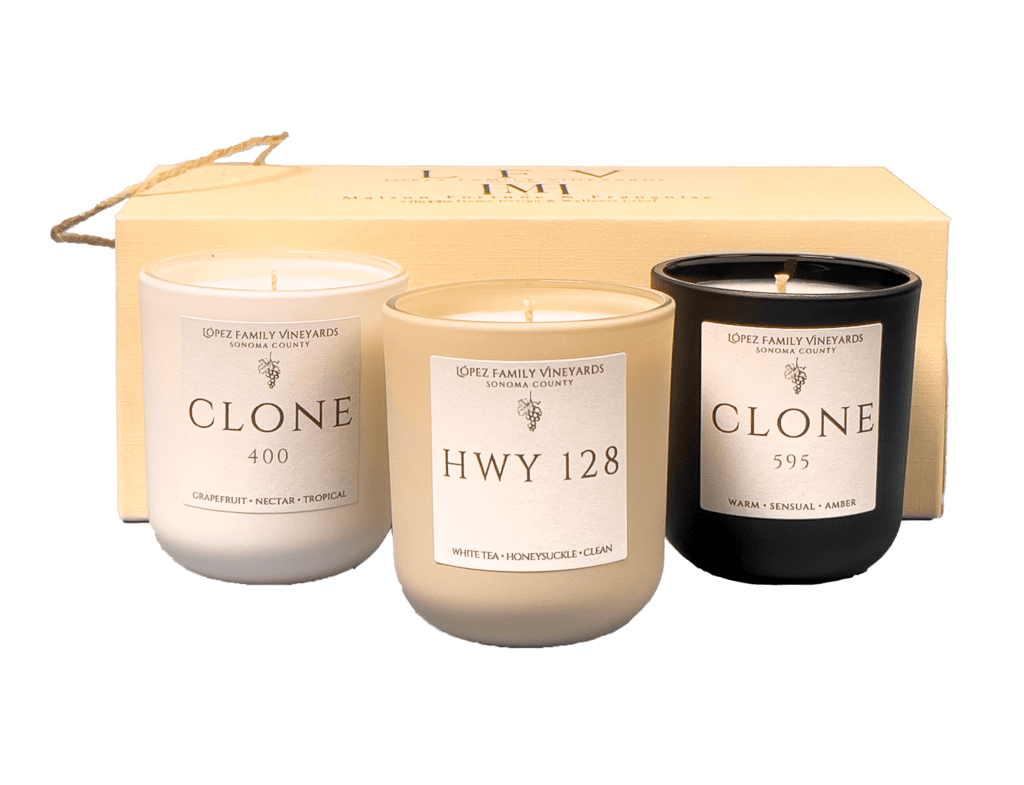
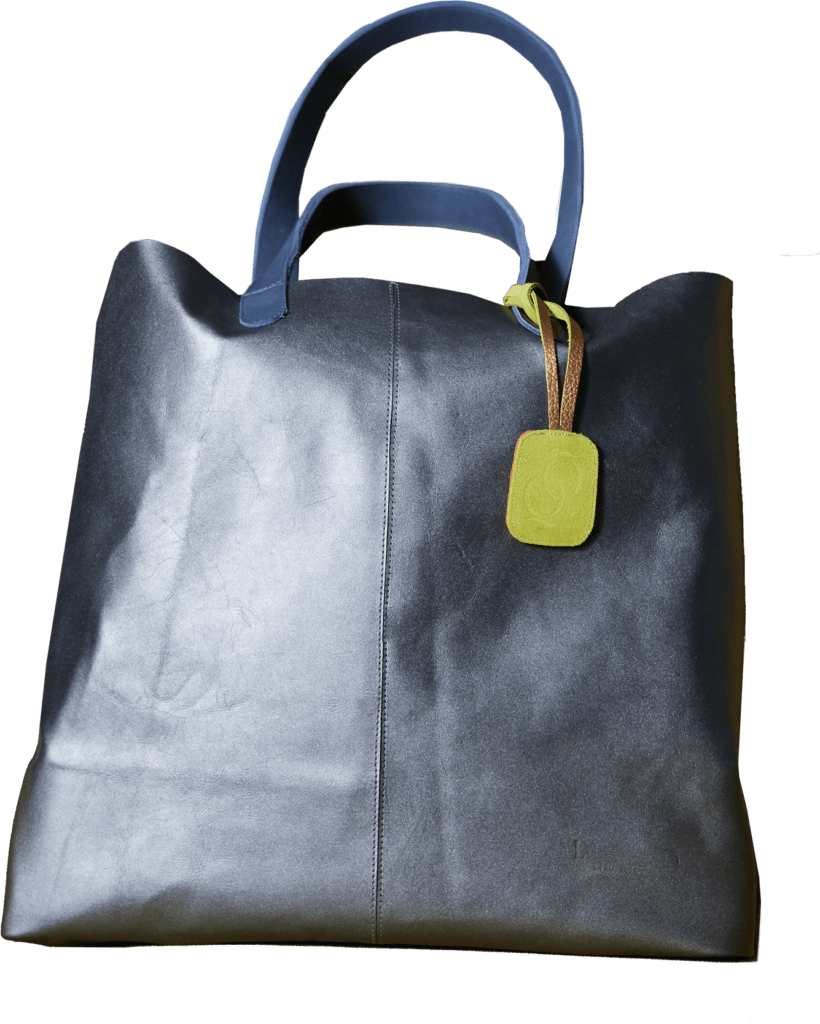
Leave a Reply